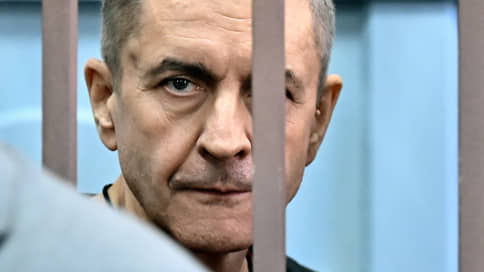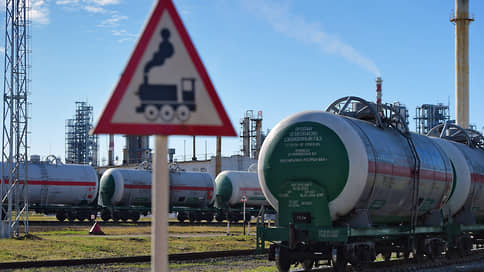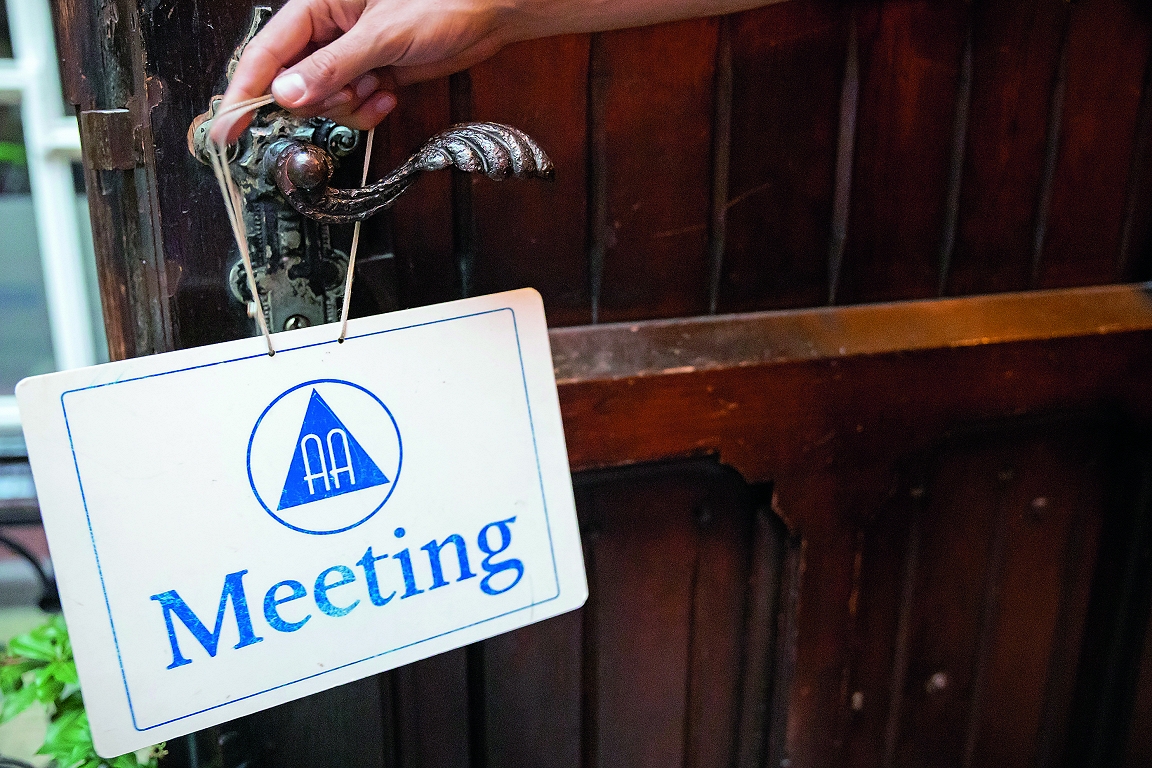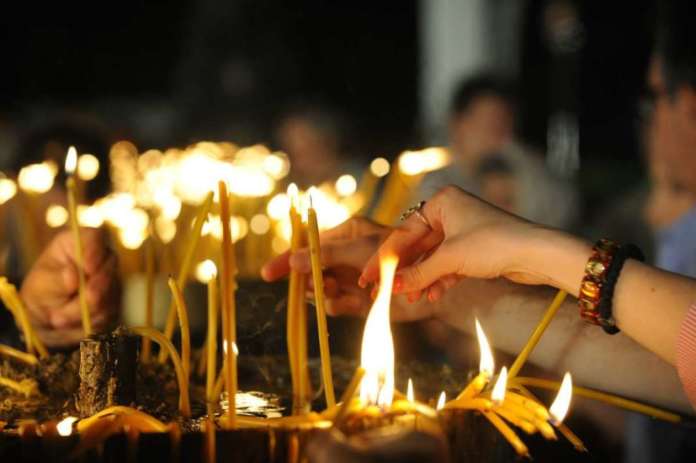In which regions are the most applications for personnel projects for participants in their
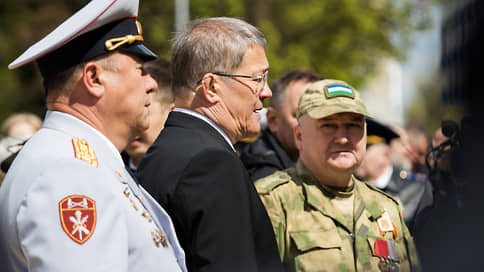
A set of regional personnel projects for participants in a special military operation (SV) is coming to an end: the collection of applications ended in almost 90% of the constituent entities of the Russian Federation. In total, the participants of the local analogues of the federal personnel program “Heroes Time”, according to Kommersant, wished to become more than 46.3 thousand participants in SV, and the competition exceeded 25 people per place in some places. However, they promise help in post -war retraining to those who do not pass the initial selection.
The leaders in the number of applications were projects in Bashkiria (2026 registered participants), the Krasnodar Territory (about 1900) and the Nizhny Novgorod region (1613). More than 1300 candidates signed up for programs in Tatarstan, Donbass and Dagestan. In total, projects in ten constituent entities of the Russian Federation have collected a thousand or more applications (see schedule).
According to one of the organizers of the Dagestan project, the deputy chief of the Republican Office for the Council of People’s Commissars of the Council of Ministers, personnel and state units of Abdulkhalik Israpilov, the activity of its participants « is determined by the large number of Dagestan immigrants who are currently taking part in his and the authority in the region, his head Sergei Melikov and President Vladimir Putin. » In addition, the Dagestan authorities began the preparation of their program “long before its start, almost simultaneously with the launch of the federal,” the Kommersant official said.
Less than 100 people, according to Kommersant, registered for projects “Heroes 44” in the Kostroma region (53 applications) and “Sir Wark. White Bear ”in the Nenets Autonomous Okrug (71), where the collection of applications has not yet ended, as well as on the“ Heroes of Khakassia ”(80). Other sparsely populated regions fell into the top ten “lagging” – for example, the Chukotka Autonomous Okrug (146 participants). On average, about 520 applications account for one project.
At the same time, candidates from sparsely populated subjects are more likely to pass the initial selection due to a lower competition.
Indeed, in Tatarstan, almost 18 people apply for one place in the project, and in the Nizhny Novgorod region – 26. However, the organizers of the Nizhny Novgorod program assured Kommersant that candidates who have not passed the selection “will still be involved in the ecosystem of leadership projects of the regional corporate university of the regional government and will be able to become students of other educational courses”. They promise to continue working with those who who have not got into the project in Dagestan. “Sergey Melikov has already been given an appropriate order. First of all, this applies to those who could not take part in the program according to the formal selection criteria, among which is the presence of higher education, ”explained Kommersant Abdulkhalik Israpilov.
In the regions where the registration is completed, they have already begun to test candidates: as a rule, they need to complete several tasks online. After that, interviews are held with them. For example, in the Perm Territory, experts, « who have passed special training and received certificates, » ask the participants to « talk more about certain situations from professional and managerial experience, give examples. » At the same stage, in a number of regions, in particular, in Tuva, law enforcement officers conduct “special checks of participants to identify compromising facts”.
According to the results of training, graduates of local personnel projects, as well as weaned under the federal program, will be able to get into state and municipal authorities, large industrial companies. And in the Tula region, the participants who have not yet passed all the stages of selection have already proposed in the nearest autumn municipal elections to nominate the deputies themselves or work as observers. For those who want to run, they promise to fix curators and help with advance. In this sense, the functionality of individual regional “heroes” partially intersects with party educational projects, which also offer participants their nomination for elections and maintaining the election campaign “from the moment of registration to the completion of the election campaign” (See “Kommersant” from April 8).

